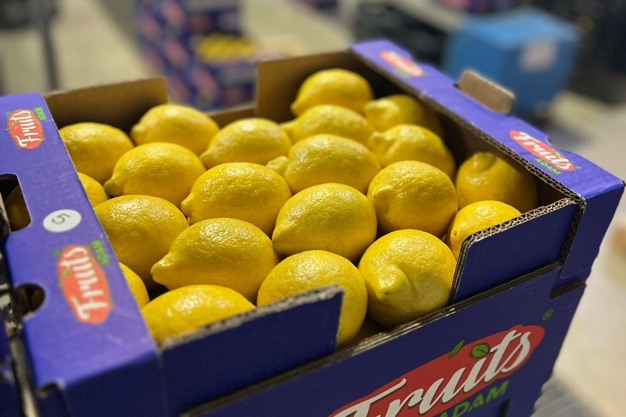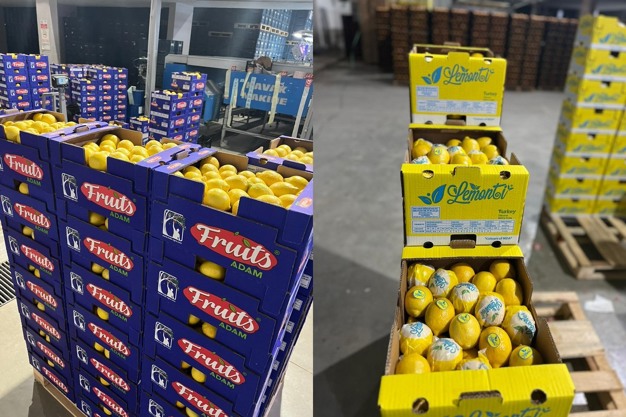The Turkish production of lemons has seen a reduction compared to the previous season. Mustafa Arslan, owner of Turkish fresh produce exporter MDA Agricultural Products, says: "Unfortunately, due to climate change and other reasons, the Turkish lemon production has decreased by approximately 25 to 27 per cent compared to last year. Another reason for the reduced production is the fact that demand for Turkish lemons was lower that year, while there also an effect of not harvesting from the lemon trees for a very long time."

After a devastating time in terms of demand, Arslan feels that better times are ahead of the lemon exporters. "Although there is currently not a very excessive demand for lemons from the Balkans, Central Europe and Western Europe, it seems that the worst times are behind us. The export period of Mayer variety lemons will last about 40-45 days, until the 10th of January. Our Lamas lemon variety will not be preferred for export by the exporters and farmers, as the prices for these lemons are low. Instead, they could opt for storing these lemons, as the variety is suitable for long-term storage, especially in cold weather. The biggest problem in the face of decreasing production is the price differences between exporters who provide quality packaging and those who fail to do so. Unfortunately, the suppliers who suffer from this see their profit margin decrease. But still, European countries are the most important buyers of Turkish lemons, among them being both Russia and Ukraine."
According to Arslan, there's bound to be skin issues among the Turkish lemons. "The dry summer period and the subsequent unstable weather conditions during the flowering period reduced the yield and product quality. There's no effective means of fighting diseases, which causes the skin of the lemons to blemish. Practices in regards to pesticides and chemicals are carried out within the framework of MRL limits, compatible with the EU, but unfortunately we think that European markets should approach skin blemishes with more sensitivity and understanding when it comes to clean and healthy products."
The situation is so dire, that Arslan feels that the Turkish lemons are not able to compete on the market at the moment. "Egypt, which is growing and improving its quality, stands as Turkey's strongest rival. While they were complaining about our lemon prices in Spain, we had to sell tangerines at higher prices than them. As Türkiye, we do not compete with anyone at the moment. We are struggling with the cost increases resulting from high inflation. We have to harvest our production and ultimately export it. As a result, we need new markets for Turkish lemon. We've lost our competitive position with the rising freight and labor input costs in the American, Canadian and Far Eastern markets. But we do think that we will be in a strong position again in the future. We will try to do our best under the current socio-economic conditions."

Arslan does feel that better times are ahead: "We've left behind a very difficult period, with the months of October and November. I think that the demand for citrus fruits will increase, at least partially, with the cold weather in the next period. We will not have a tendency to increase supply in the face of increasing demand. The lemon season is just starting with the Lamas variety. I think the prices required for a quality and good lemons will stabilize after the new year when other varieties become available."
For more information:
Mustafa Arslan
MDA Agricultural Products
Mobile: +90 541 348 39 09
Email: [email protected]
www.mda-agro.com
